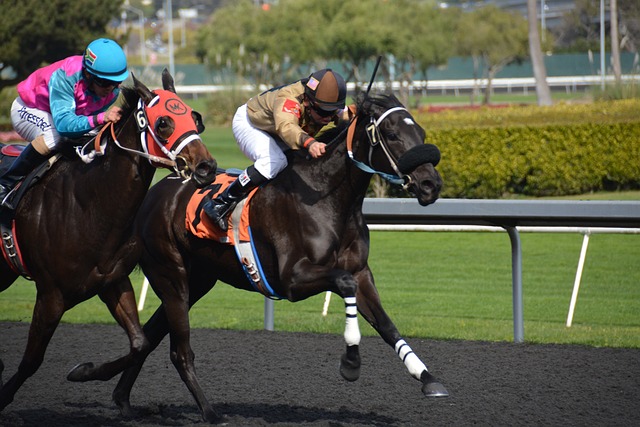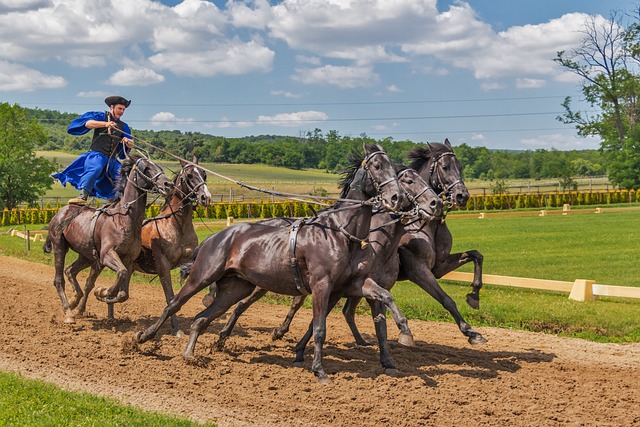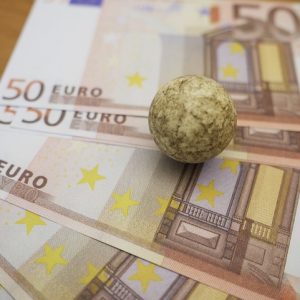Have you ever thought that the lottery ticket in your pocket has a longer and more intriguing history than you imagine? From the dusty streets of the American colonies to your smartphone to bet online, the world of betting has had an incredible journey.
Colonial Lotteries: When Betting Meant to Build a Country
Imagine being in London in 1612. The streets are a quagmire, the smell is not the best, and you have a ticket in your hand that could change your life. No, it is not the latest scratch and win, it is a lottery ticket from the Virginia Company!
Yes, the first American colonies were financed with… gambling! The English Crown, short of cash (as usual), decided to authorize a mega lottery to finance the Jamestown settlement. The jackpot? 4,000 crowns and the chance to say “Hey, I helped build a new world!”.
But wait, the story gets even crazier. In 1768, George Washington himself bought the first lottery ticket to finance a road through the Blue Ridge Mountains. Yes, you read that right: America’s founding father was a gambler!
Historian Matthew Sweeney, in his book “The Lottery Wars”, says that these lotteries were so popular that “they became a form of voluntary taxation”. Imagine if today you could choose to pay your taxes by buying a scratch card!
Horses, the Queen and Scandal: Gambling in Victorian England

Let’s jump forward to foggy 19th-century London. Horse racing is the sport of the moment, and betting is more than a pastime: it’s a national obsession!
In 1840, Queen Victoria opens Ascot Racecourse. From then on, betting on horses becomes the sport of choice for high society. But don’t think it was all sunshine and roses. Oh no, there were scandals galore!
Take the case of 1844: a horse called Running Rein wins the Epsom Derby. Great celebration, champagne for everyone! But then it turns out that it wasn’t Running Rein, but another four-year-old passed off as a three-year-old. Imagine the chaos! The entire British betting world was turned upside down.
Historian Mike Huggins, in his book “Horseracing and the British 1919-39”, describes this period as “an era in which betting was seen as a national vice, but also as a pillar of British economics and culture”. In short, a complicated relationship, just like the one between the English and time!
Las Vegas: From Desert to World Gambling Capital

The real architect of the Las Vegas myth is one Bugsy Siegel. Yes, that’s right, the gangster. In 1946, he opened the Flamingo Hotel, the first luxury casino-resort on the Strip. Unfortunately for Bugsy, his business partners didn’t appreciate his money-management methods, and he ended up… well, let’s just say he never saw the success of his dream.
Historian Larry Gragg, in his book “Bright Light City,” describes the transformation of Las Vegas as “the greatest social engineering experiment in American history.” From dusty desert town to glittering metropolis of vice in less than 50 years. Stuff that’s mind-blowing, right?


